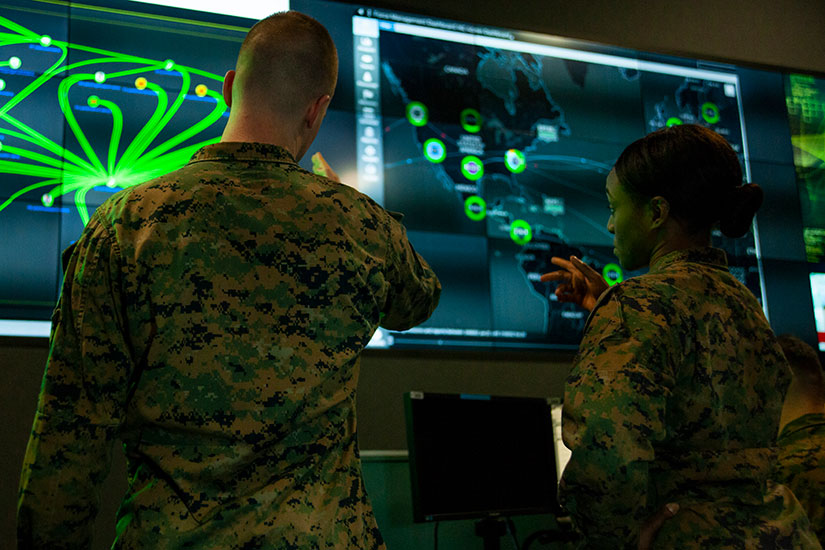Clients all over the world rely on our services. Whether it is for pre-planned or unanticipated events, we’ve helped many different organizations protect their assets in a safe and secure manner, no matter where they are or how difficult the situation is.
Our global resources enable us to deploy almost anywhere in the world and at any time of the day or night, and regardless of complexity we can help you retain control of your assets.







Defense Mobility analyzes intelligence to help civilian policymakers and other leaders understand the political and military trends around the world as they happen. Identifying potential regional conflict and emerging threats to the global security environment, we also provide recommendations on how to employ information-gathering techniques and technologies.
Our global resources enable us to deploy almost anywhere in the world and at any time of the day or night, and regardless of complexity we can help you retain control of your assets.

Investigation and assessment

Security surveys

Advanced team deployment

Deployment of armed agents

Equipment coordination

Agency liaising

Full scale surveillance
Defense Mobility analyzes intelligence to help civilian policymakers and other leaders understand the political and military trends around the world as they happen. Identifying potential regional conflict and emerging threats to the global security environment, we also provide recommendations on how to employ information-gathering techniques and technologies.

THE INTELLIGENCE PROCESS
Intelligence is conducted on two levels—strategic and tactical—both of which are intended to allow decisions to be made in the most effective manner. Strategic intelligence is used to formulate long-term policies on a national and international scale and is concerned with broad issues such as economics, military capabilities of foreign powers, and political assessments.
Tactical intelligence is more focused on specific objectives and the situation of military commanders in the field. These two types of intelligence consist of the same information but differ in terms of the scope.
Tactical intelligence is more focused on specific objectives and the situation of military commanders in the field. These two types of intelligence consist of the same information but differ in terms of the scope.
Analysis and Dissemination
Simply having information is not enough; information must be assessed and verified. A great deal of collected information may be inaccurate and "counterintelligence" agencies routinely work to prevent and control the dissemination of information, often spreading disinformation in order to confuse or mislead the enemy.
Once information is verified, it is assessed in order to determine an opponent's capabilities and vulnerabilities. In many cases, enemy capabilities are analyzed on a set schedule allowing imminent threats to be continually monitored.
Critical threats are usually maintained in a prioritized file, with important data, places, or situations analyzed on a set schedule and in such circumstances we always analyze in real time. In contrast, analyses of tank or army deployments are usually triggered by accumulations of fuel and munitions, which are monitored on slower cycles, sometimes over a period of days or even weeks.
Packaging threats and vulnerabilities for decision makers are a crucial part of Private Intelligence. While intelligence agents do not develop policy or plans of attack, a good intelligence officer will often work closely with decision makers to anticipate their information requirements and tailor the information needed.
Simply having information is not enough; information must be assessed and verified. A great deal of collected information may be inaccurate and "counterintelligence" agencies routinely work to prevent and control the dissemination of information, often spreading disinformation in order to confuse or mislead the enemy.
Once information is verified, it is assessed in order to determine an opponent's capabilities and vulnerabilities. In many cases, enemy capabilities are analyzed on a set schedule allowing imminent threats to be continually monitored.
Critical threats are usually maintained in a prioritized file, with important data, places, or situations analyzed on a set schedule and in such circumstances we always analyze in real time. In contrast, analyses of tank or army deployments are usually triggered by accumulations of fuel and munitions, which are monitored on slower cycles, sometimes over a period of days or even weeks.
Packaging threats and vulnerabilities for decision makers are a crucial part of Private Intelligence. While intelligence agents do not develop policy or plans of attack, a good intelligence officer will often work closely with decision makers to anticipate their information requirements and tailor the information needed.

